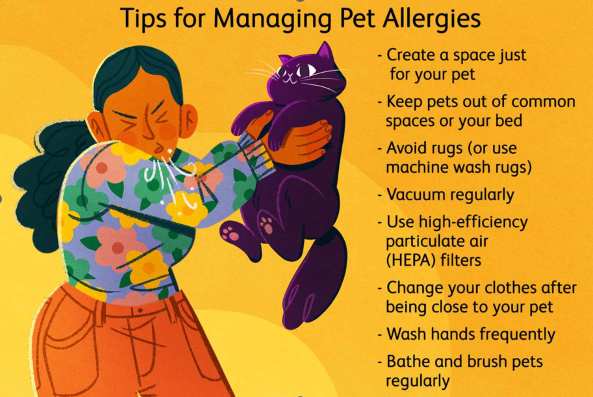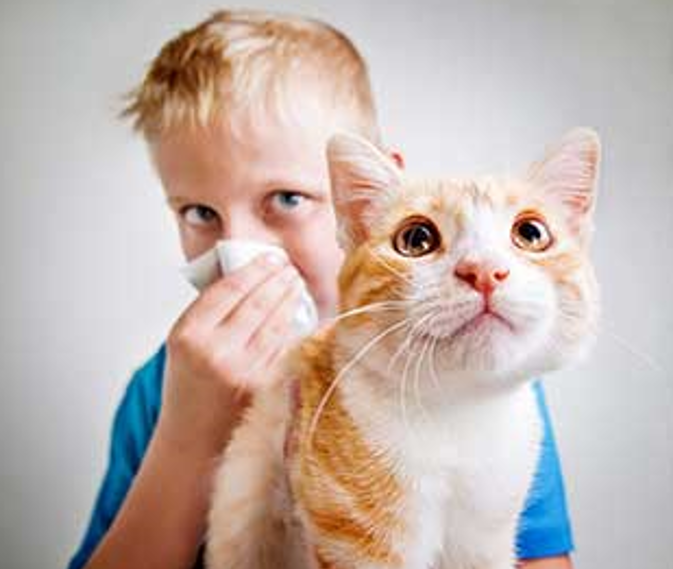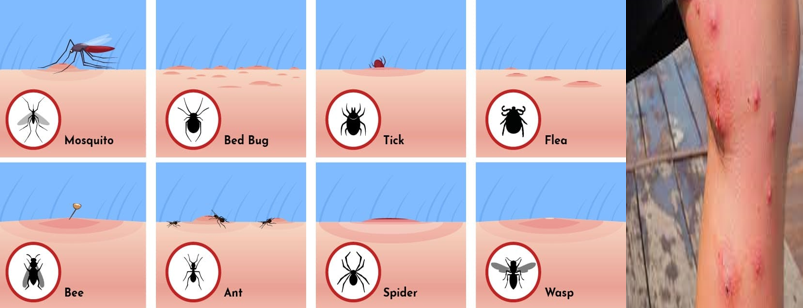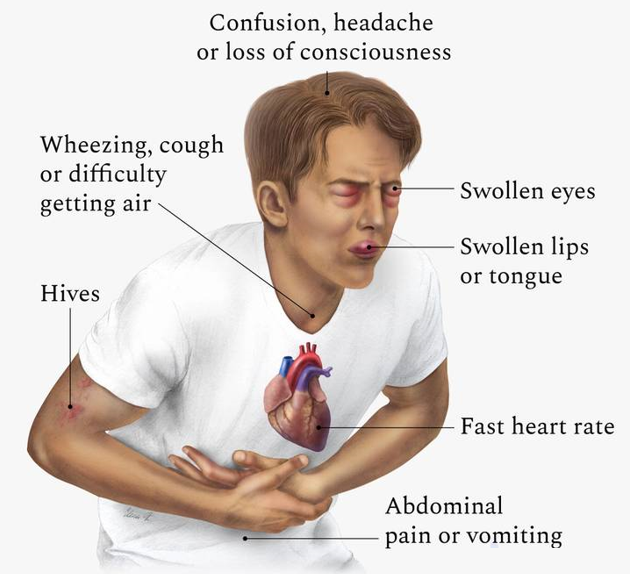Animal allergies and Insect bites
According to Allergy UK Pets cat and dog allergy is common, especially in people who also have allergic asthma or hay fever. It is also possible to be allergic to other types of animals including those with hair (fur), feathers or even scales, including:
- Rabbits.
- Rodents such as guinea pigs, mice and hamsters.
- Birds.
- Horses.
- Reptiles, such as iguanas.
- In addition allergy to pet bedding (straw, shredded paper) is a possibility.

NHS UK Insect bites and stings reminds us that insect bites are not usually serious and get better in a few days. But sometimes they can become infected or cause a serious allergic reaction.
There is a lot of advice the community pharmacy can offer a customer for SIMPLE insect bites and stings including:
- Washing the skin with soap and water to help lower the chance of infection.
- Putting an ice pack wrapped in a cloth or a clean cloth soaked in cold water on the bite or sting for at least 20 minutes, if it's swollen.
- Keeping the area raised.
- Taking simple analgesia e.g., Paracetamol and or Ibuprofen if the sting is painful.
- Using antihistamines and / or hydrocortisone cream to relieve any itching or swelling.
- Not scratching the bite or sting, as it could get infected.
- Not using home remedies such as bicarbonate of soda to treat the bite or sting.
Although rare insect bites and stings can cause a severe allergic reaction. This often starts with a rash that's swollen, raised, and / or itchy. Customers should be advised to seek medical advice e.g., calling 999 or 111 if there are other potentially more serious symptoms including:
- Their lips, mouth, throat, or tongue suddenly become swollen.
- Their breathing very fast or struggling to breathe (they may become very wheezy or feel like they are choking or gasping for air).
- Their throat feels tight, or they are struggling to swallow.
- Their skin, tongue or lips turn blue, grey, or pale (if they have black or brown skin, this may be easier to see on the palms of their hands or soles of their feet)
- They suddenly become very confused, drowsy, or dizzy.
- Someone else e.g., a child of the customer has been bitten, fainted, and cannot be woken up.
- A child is limp, floppy, or not responding like they normally do (their head may fall to the side, backwards or forwards, or they may find it difficult to lift their head or focus on your face).



